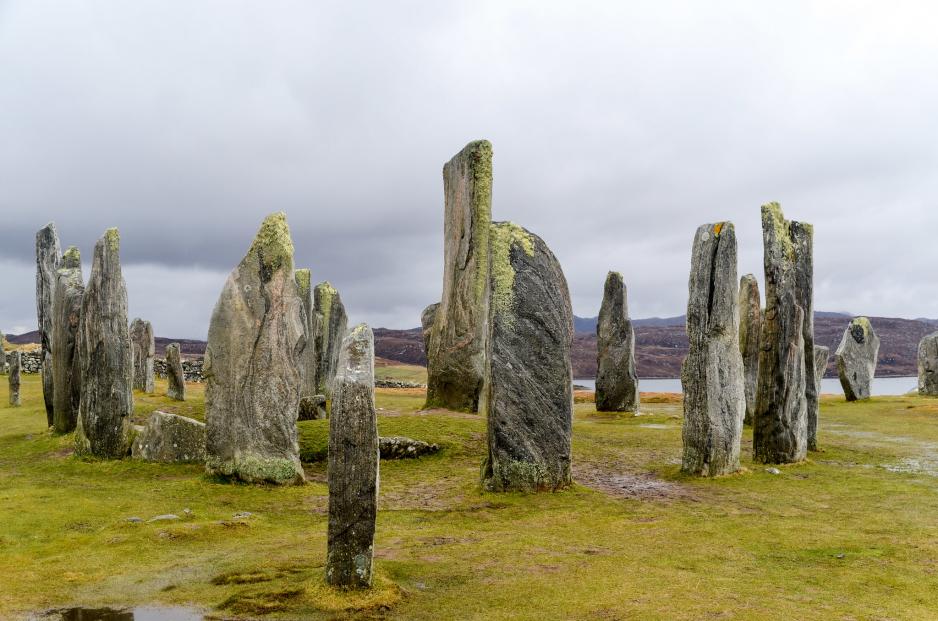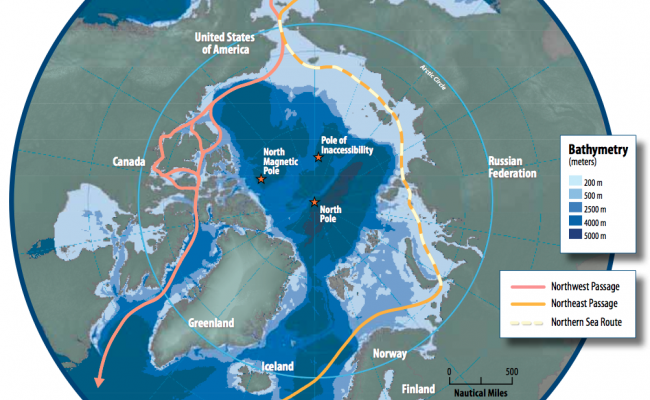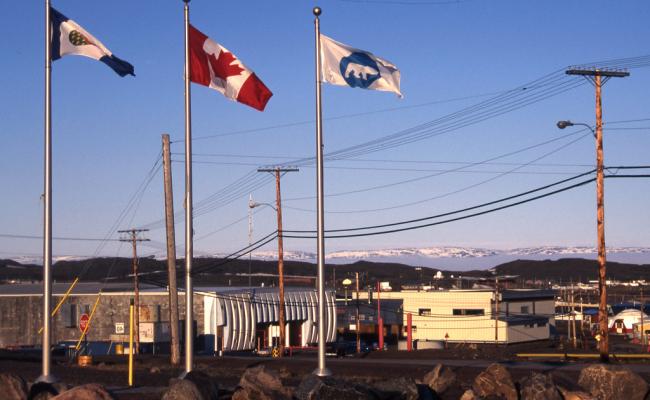Scotland's First Arctic Policy Framework To Be Presented. The Timing is Not Coincidental

Callanish Stones, Isle of Lewis, Skottland. Photo: jbdodane/Flickr
Today, Scotland will present its very first framework for Arctic politics. Scotland will thus be the last in a series of non-Arctic countries that wants to help solve challenges in the Arctic and take part of the opportunities in the region.
The launch will take place at the Orkney Islands. The new policy will highlight existing links between Scotland and the Arctic, address challenges and explore opportunities for even greater Scottish-Arctic cooperation.
The timing of this Arctic focus in Scotland is not coincidental. The Brexit process in the UK has met strong opposition in Scotland. The referendum showed a strong support for "remain" in all Scottish electoral regions. Even if the final outcome of Brexit is not clear at the moment, establishing stronger ties towards the North, especially the Nordic countries and the North Atlantic region, can be seen as a strategy to open up other doors. To this end, Scotland has demonstrated a strong will to position itself as an Arctic stakeholder. The Arctic Day conference in Inverness is one event to show this, but the ambitions have also been demonstrated by participation on ministerial level at the Arctic Circle and Arctic Frontiers conferences.
Historical ties
The Scottish website Scotland.org states the reason why such a framework is necessary like this: "Scotland’s strong ties to the Arctic stretch back through the centuries – and we’re committed to ensuring they endure for centuries to come. Scotland is one of the Arctic region's closest neighbours and we share far more similarities than you might think. Whilst many of these are most visible in our northern regions, social, cultural and economic links stretch right across the country and are at the heart of our strong friendship with the High North."
The connections between Scotland and the Arctic can be traced back many centuries. Until the end of the 15th century, Scotland’s Orkney and Shetland islands were actually part of the Norwegian-Danish Kingdom. The Shetland Islands were actually gifted to Scotland in 1469 as part of the dowry when Princess Margaret of Denmark married King James III of Scotland. Even today, many of the town names in the northern parts of Scotland can trace their origins back to Nordic roots.
Also read
Scotland’s first Arctic Policy Framework will be launched in Orkney, a move welcomed by the local authority.
Orkney Island Council leader James Stockan says to the newspapaer The Orcanian: “I am delighted that our islands have been chosen to host the publication of this important policy framework, the Scottish Government’s prospectus for Scottish-Arctic co-operation and knowledge-exchange.
The Council is exploring new economic opportunities for the islands and has taken part in discussions at a meeting in Oslo of the Nordic Council and at a gathering of the Arctic Circle Assembly in Iceland.
“We are taking an active approach to building new links with Arctic and Nordic states and I look forward to the launch event — and a wealth of discussion on past, present and future connections with our northerly neighbours.”
The event is being organized in collaboration with the Scottish Government, Orkney Island Council and Highlands and Islands Enterprise.



